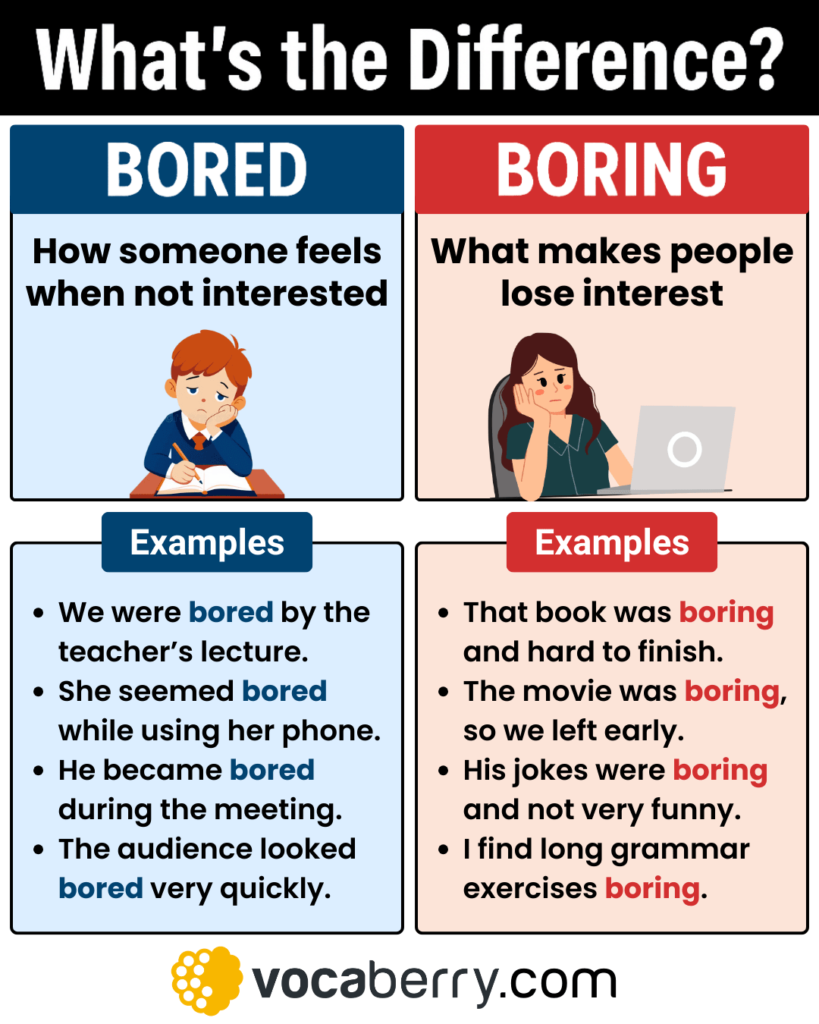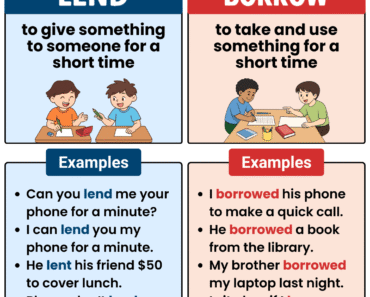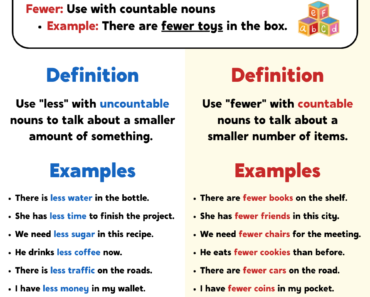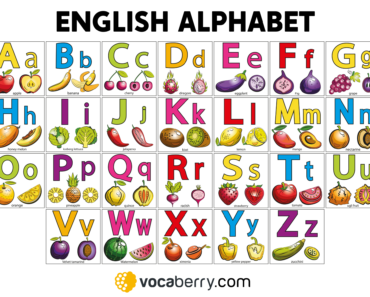
Bored and boring look similar and are connected to the idea of not having interest, but they are used differently in English. Bored describes how a person feels, while boring describes the thing or situation that causes that feeling. Many learners confuse the two because they seem almost the same.
In this article, you’ll learn the difference between bored and boring, with clear definitions, grammar explanations, and examples to help you use each word correctly in English.
What Does “Bored” Mean?
Bored is an adjective that describes a feeling of not being interested in something. Only people (and sometimes animals) can be bored, because it expresses an emotion. It’s often used with verbs like be, get, or become, and you’ll see it followed by prepositions such as bored with, bored by, or bored of.
Examples
- I’m bored with this lesson because it’s too easy.
- She gets bored quickly if she has nothing to do.
- We were bored by the long lecture.
- He became bored during the meeting.
- Are you bored of watching the same series again?
- The kids looked bored after waiting for an hour.
- My dog seems bored when it rains and we can’t go out.
- He’s bored to death sitting at home all weekend.
- They grew bored of playing the same game.
- I felt bored because nothing exciting was happening.
What Does “Boring” Mean?
Boring is an adjective that describes something that makes people lose interest. Unlike bored, it’s not about your feelings; it refers to the thing, activity, or person that causes those feelings. It’s often used with nouns: boring movie, boring teacher, boring job.
Examples
- The film was so boring that I almost fell asleep.
- Waiting in line is always boring.
- That’s a boring job, but it pays well.
- The teacher isn’t bad, but his voice is boring.
- I find long grammar exercises boring.
- The lecture was boring for most students.
- His speech was too boring to listen to.
- The game became boring after a few minutes.
- It’s boring to do the same routine every day.
- I didn’t enjoy the book. It was really boring.
Differences Between Bored and Boring
The difference between bored and boring comes down to who feels the emotion and what causes it.
Bored → describes a person’s (or sometimes an animal’s) feeling of not being interested. If you say “I am bored,” it means you feel uninterested or tired because nothing is exciting.
Boring → describes the thing, activity, or situation that makes people lose interest. If you say “The movie is boring,” you mean the movie causes people to feel bored.
Examples Comparing Both:
- I’m bored. This lecture is boring.
- She gets bored when she has nothing to do. Long meetings are boring.
- The kids looked bored after waiting so long. The delay was boring for them.
- He feels bored at work because his tasks are boring.
- I was bored last night. The TV shows were boring.
FAQs About Bored vs. Boring
What does “bored” mean in English?
Bored is an adjective that describes how someone feels when they are not interested or engaged. It shows a lack of excitement. Example: I’m bored with this TV show.
What does “boring” mean in English?
Boring is an adjective that describes something that makes people feel uninterested. It refers to the thing, activity, or situation that causes boredom. Example: The TV show is boring.
What is the difference between “bored” and “boring”?
The difference is simple: bored describes the feeling, while boring describes the *cause of that feeling. People feel bored, but activities, events, or things are boring.
Can I use “bored” and “boring” interchangeably?
No. They are not interchangeable. Bored is always used for people’s feelings, while boring is used for things that create those feelings.
Can I say “I am boring” instead of “I am bored”?
Be careful. I am bored means you feel uninterested, but I am boring means you make other people feel uninterested. That’s a common mistake learners should avoid.
What are some synonyms for “bored” and “boring”?
Synonyms for bored include uninterested, tired, restless, weary.
Synonyms for boring include dull, uninteresting, tedious, repetitive.
What is the opposite of “bored” and “boring”?
The opposite of bored is interested or excited. Example: I’m interested in this movie.
The opposite of boring is interesting or fun. Example: That movie was really interesting.
Is it correct to say “bored of” in English?
Yes, bored of is commonly used, especially in British English. In American English, bored with is considered more standard, but both are correct and widely understood. Example: I’m bored of waiting / I’m bored with this game.
Quiz: Bored vs. Boring
1. The children were ____ during the long bus ride.
a) bored b) boring
2. This movie is so ____ that I almost fell asleep.
a) bored b) boring
3. She felt ____ because there was nothing to do at home.
a) bored b) boring
4. I think history is really ____, but my brother loves it.
a) bored b) boring
5. He looked ____ at the meeting since it lasted for hours.
a) bored b) boring
6. Waiting in a long line can be very ____.
a) bored b) boring
7. I’m never ____ when I spend time with friends.
a) bored b) boring
8. The instructions were clear, but the task was still ____.
a) bored b) boring
9. She gets ____ if the class goes too slowly.
a) bored b) boring
10. The book was so ____ that I stopped reading after a few pages.
a) bored b) boring
Quiz Answers
1) bored
2) boring
3) bored
4) boring
5) bored
6) boring
7) bored
8) boring
9) bored
10) boring






